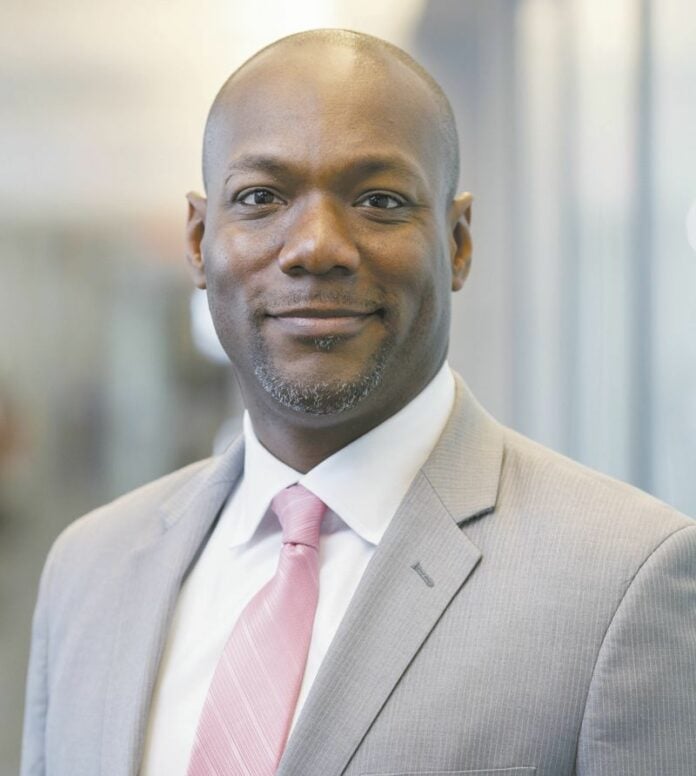I am obsessively into movies of all genres. (Well, truth be told, I rarely fall in love with musicals.)
I have a particular affinity for sci fi, action, comedy, drama, and horror films. Being a card-carrying AMC Stubs “A-List” member allows me to consume virtually every new release that I want to see. As I await films like “Smile 2” and “Bagman” to premier, I am pondering (as I often have) why I — and tens of millions of other Americans — pay good money to be scared out of our wits.
In a society that is constantly striving for comfort, safety, and predictability, why do horror movies — a genre that is built on fear, shock, and the grotesque — hold such a magnetic pull? Is it paradoxical that we willingly plunge ourselves into tales of terror, thereby trading tranquility for tension?
To unravel this enigma, perhaps we should look beyond the surface of screams and shadows. Horror movies are not just a pastime; they are a mirror reflecting our deepest anxieties, a controlled confrontation with the unknown, and an exploration of the human psyche. In short, such movies are a safe playground of fear.
At the heart of horror’s allure is the paradox of experiencing danger from a place of safety. It is akin to riding a roller coaster: we seek the thrill of the fall, but we trust the tracks. Horror movies offer a similar premise and promise. In the dim glow of the screen, we flirt with fear without having to face real consequences — at least most of the time. The killer on the loose, the ghost lurking in the corner, or the demon under the bed can make our hearts race, but they can’t really harm us. Here lies the genius of horror. It taps into our primal fear response, releasing adrenaline and endorphins. We get a palpable rush. The real world fades. The story consumes us. For those fleeting moments, we are not just spectators; we are survivors.
Yet, horror is more than a playground; it is a reflection of the zeitgeist. Every era of horror reveals the fears of the time. Consider the gothic monsters of the 1930s — Dracula, Frankenstein, the Wolfman — each a metaphor for the anxieties of the Great Depression and encroaching war.
Fast forward to the 1950s. The boom in sci-fi horror echoed Cold War paranoia and the dread of nuclear annihilation. The slasher films of the 1980s? A manifestation of societal concern about rising crime and the vulnerability of suburban life.
And today’s obsession with psychological horror and the supernatural? It’s our struggle with mental health, technological alienation, and the unseen forces that govern our lives. In watching horror, we confront not just our individual fears, but our collective ones as well. It’s as if the genre whispers, “You are not alone in your terror — and you can do something about it!”
There’s also a raw, cathartic power in horror that sets it apart from other genres. In the real world, fear often paralyzes us, blinds us to reason, and seizes control of our minds. But in the world of horror, fear can be confronted, fought, and even conquered. Call it “the catharsis of confrontation.”
The protagonist’s journey from victim to victor — such as “the final girl” — mirrors our own aspirations to overcome obstacles. This genre doesn’t just scare us; it empowers us. It tells us that no matter how dire the circumstances are, there is a way out through wit, courage, or sheer willpower. In the end, the monster can be slain, the curse can be broken, the nightmare can be ended. This catharsis, this release, is a potent antidote to our daily anxieties. It reminds us that darkness, however formidable, is not insurmountable.
Beyond fear and catharsis, horror is also a test of the moral impulse in humanity. Who among us has not judged the characters’ choices, scoffed at their mistakes, or questioned their ethics? (“Why did they split up?” “Why didn’t they run when they had the chance?”) Horror strips away polite facades and reveals the rawest elements of human nature — the fight or flight response, the moral dilemmas, the survival instincts. It’s a genre that poses the ultimate question: what would you do? In this way, horror films serve as a crucible of human values, forcing us to confront not just external monsters, but the internal ones we harbor (or even nurture).
There is an almost ritualistic aspect to horror’s popularity. Watching these films is a communal experience, a shared passage through our fears. We gather in theaters or couches, bonding over the thrill, the shock, the scream. It’s a reminder that while the specifics of our anxieties may differ, the sensation of fear is universal. We are united in our vulnerability, our curiosity, and our desire to touch the untouchable. Horror, in its most profound sense, is a celebration of the human spirit’s resilience.
So why are horror movies so popular? They are not merely tales of terror; they are complex tapestries that are woven from our deepest fears, societal anxieties, and moral quandaries. They offer a controlled chaos, a dance with danger that leaves us breathless — but safe. In doing so, they affirm one simple, undeniable truth: to be afraid is to be human.





